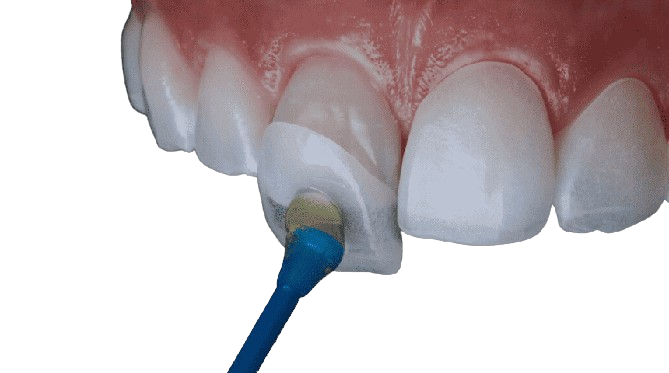Veneers
Introduction to Dental Veneers

Dental veneers are a popular cosmetic solution designed to enhance the appearance of your smile. These thin shells, which are applied to the front surfaces of your teeth, help correct issues such as discoloration, chips, gaps, and minor alignment problems. By providing a natural-looking, aesthetically pleasing finish, veneers can significantly improve your overall dental appearance.
Procedure for Getting Dental Veneers
- Consultation and Planning: The process begins with a consultation with your dentist to discuss your goals and assess whether veneers are suitable for you. The dentist will examine your teeth, possibly take X-rays, and discuss the best veneer options for your needs.
- Tooth Preparation: To ensure a proper fit, a small amount of enamel is removed from the front surface of the teeth. This step is necessary to make room for the veneers and to help them bond securely.
- Impressions and Color Matching: Impressions of your teeth are taken to create custom veneers that match the size, shape, and color of your natural teeth. Your dentist will also choose the shade that best suits your smile.
- Temporary Veneers: In some cases, temporary veneers may be placed while your permanent veneers are being crafted in a dental laboratory.
- Bonding: Once your permanent veneers are ready, your dentist will check their fit and appearance. Any necessary adjustments are made before bonding the veneers to your teeth with a special adhesive. Finally, the veneers are polished to achieve a natural, smooth finish.
Types of Dental Veneers
- Porcelain Veneers: Made from high-quality ceramic, porcelain veneers are highly durable and resistant to stains. They provide a natural look and mimic the light-reflecting properties of natural teeth.
- Composite Resin Veneers: These veneers are made from a tooth-colored resin applied directly to the teeth. They are generally less expensive than porcelain veneers and can be completed in a single visit. However, they may be less durable and more prone to staining over time.
- No-Prep Veneers: These ultra-thin veneers require little to no enamel removal, making them a minimally invasive option. They are often used for patients seeking cosmetic improvements without altering their natural tooth structure significantly.
Each type of veneer has its benefits, and your dentist can help you choose the best option based on your specific needs and goals.
FAQ
What are dental veneers?
What are the benefits of dental veneers?
Who is a good candidate for dental veneers?
How long do dental veneers last?
Are dental veneers reversible?
How are dental veneers applied?
Can dental veneers stain or discolor over time?
Do dental veneers require special care?
Can dental veneers fix crooked teeth?
What is the cost of dental veneers in INDIA?
Services
Dental services
know more about your treatment , symptons , procedure , costs and FAQ's.